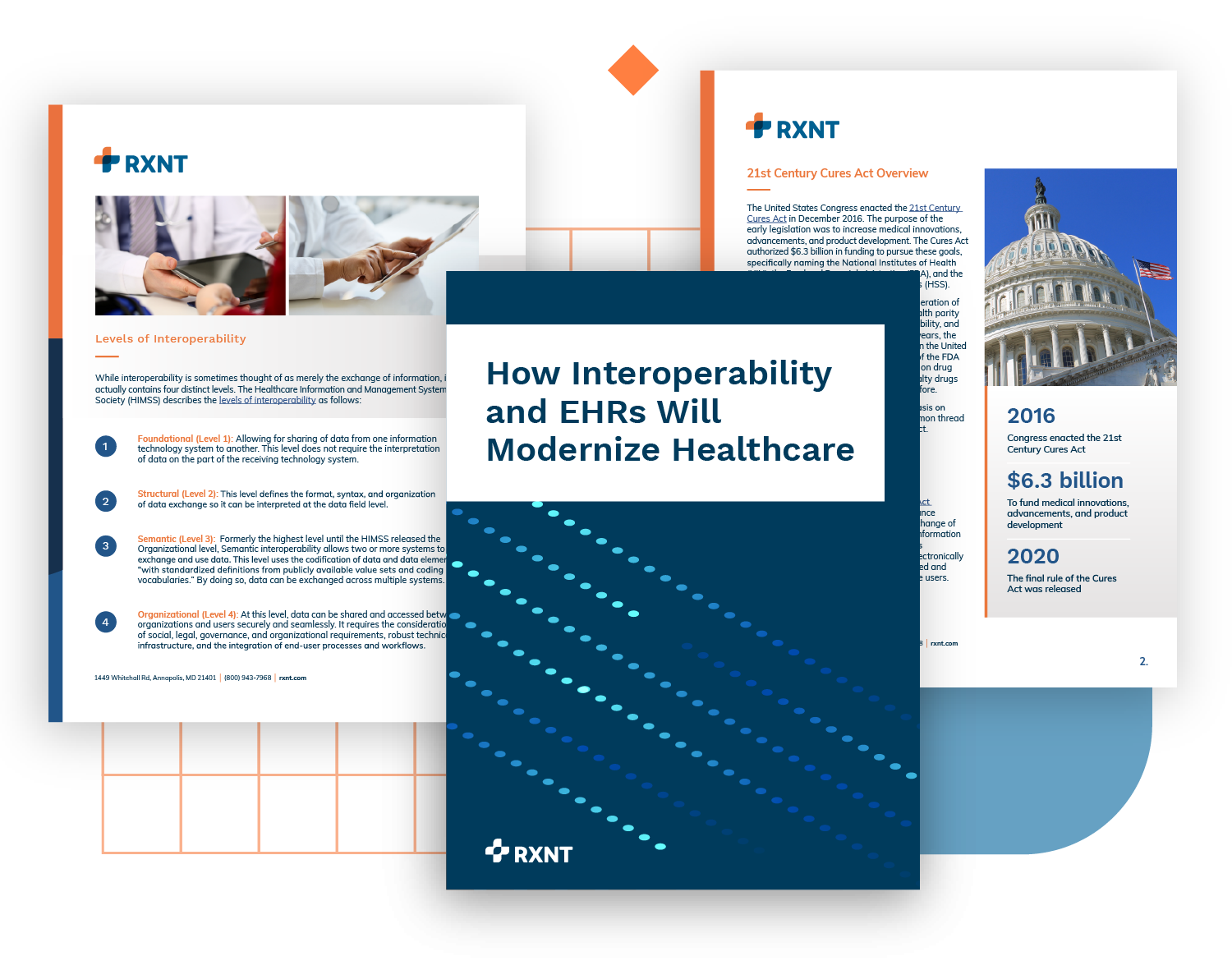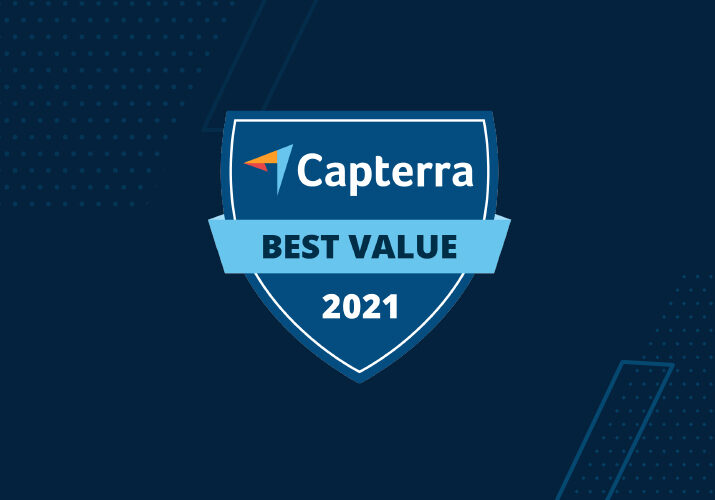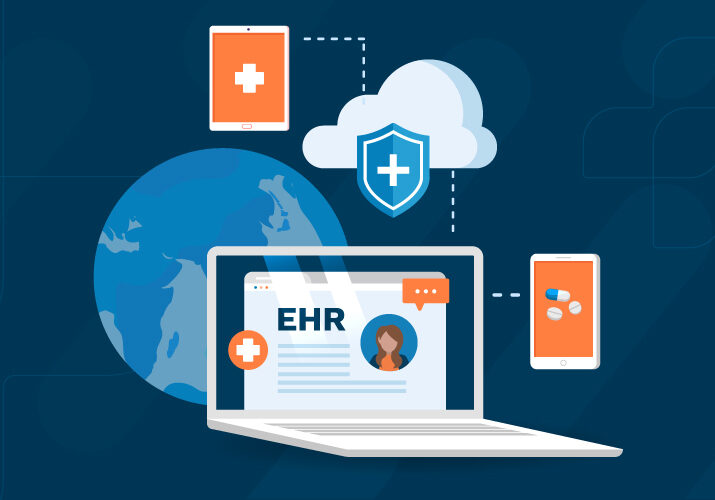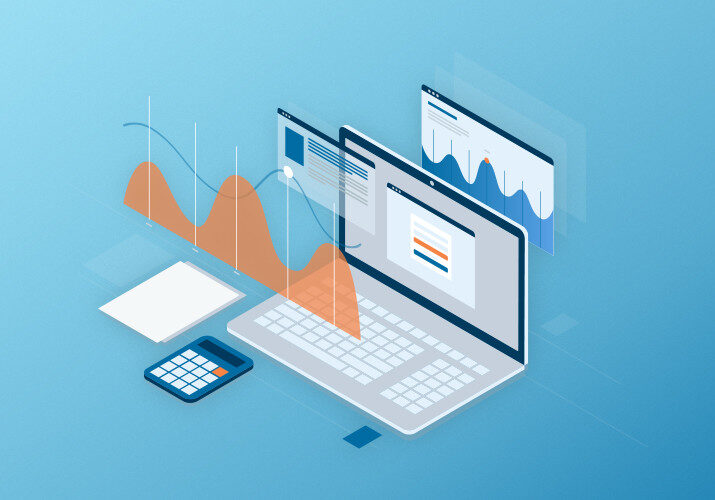Data Access, Information Sharing, and The 21st Century Cures Act
As the healthcare industry adapts to the way patients live today, data access and information sharing (particularly of ePHI, or electronic protected health information) have emerged as two critical considerations.
The 21st Century Cures Act (or, simply The Cures Act) addresses these two concerns through nationwide interoperability. The path to achieving interoperability is full of obstacles that will require careful planning and consistent collaboration to overcome. As healthcare providers work to enhance the connections in their practice, patients will reap the benefits.
What's covered in this guide?
-
How the 21st Century Cures Act impacts healthtech
The legislation seeks to improve interoperability amongst EHRs.
-
What are the four levels of interoperability?
Interoperability is broken down into four distinct levels.
-
What are the major benefits of interoperability?
Discover the benefits for healthcare providers, patients, and public health.
Get the full white paper
We build software for physicians and healthcare professionals. If you are a patient, please contact your doctor. If you are having a medical emergency or need urgent help, call 911.
White Paper Download
Interoperability could save the U.S. healthcare system over $30 billion a year ... and will result in significant savings as providers can access patient data in real-time, with no need to backtrack or search for information.
Source: WestHealth.org




